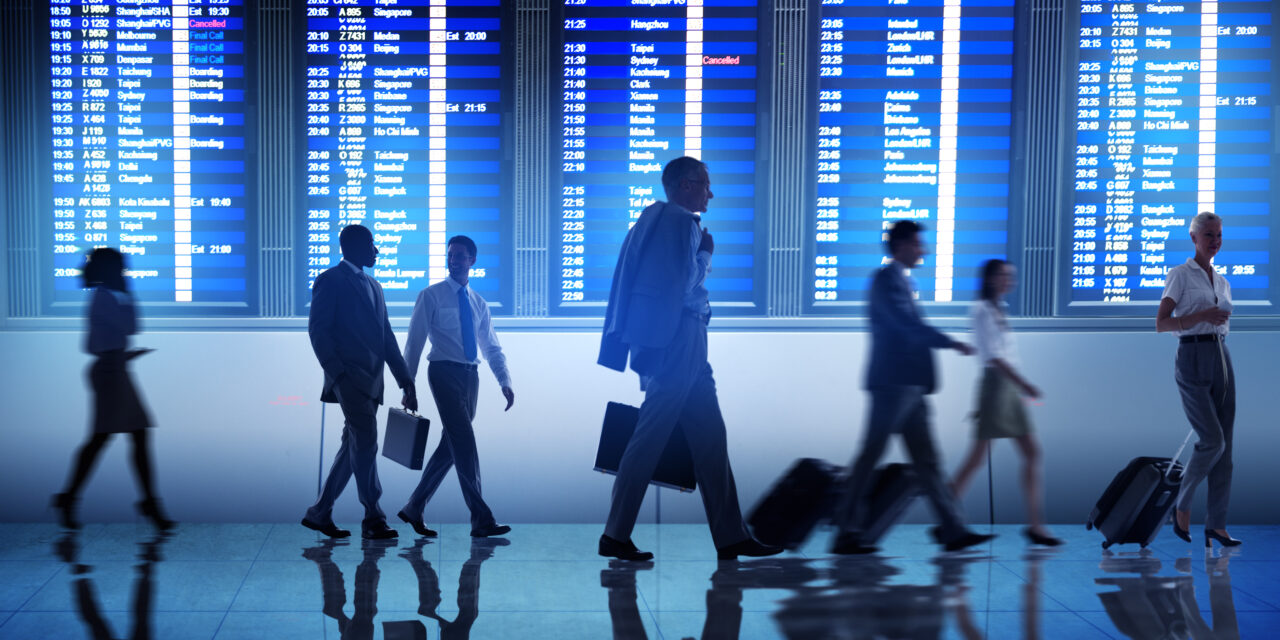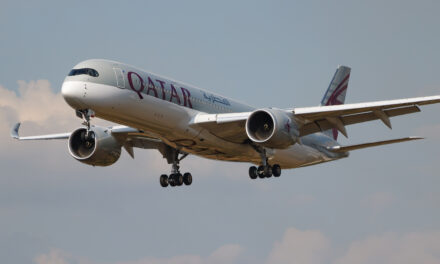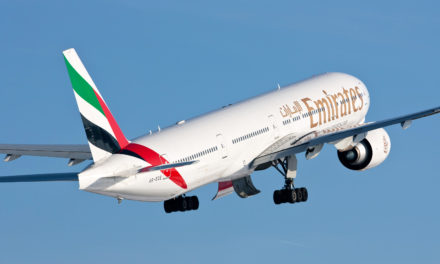Business travel has recovered at a much faster pace during 2022 than a lot of travel buyers had envisaged at the beginning of the year.
In a survey of European and North American travel and procurement specialists published by the GBTA and HRS, a corporate travel technology firm, 54 per cent of respondents had witnessed travel grow “more quickly” or “much more quickly” in 2022 than they had expected at the start of the year.
The survey illustrated the effect of the new workplace environment on travel buying and procurement, especially concerning trends like “hybrid” working and the need to reduce office space post-Covid19. Two-thirds of buyers believe that hybrid working practices will remain in place even when companies reopen all their offices.
The poll also showed how a reboot of the travel industry from the rock-bottom experience of the coronavirus pandemic has been patchy, due to a large number of transport disruptions in the summer of 2022, where 77 percent of buyers dedicated more time to trying to fix problems faced by travellers.
Furthermore, buyers are giving more attention to data analysis, with over 50 per cent saying they are spending “more time” or “much more time” on analysing data. According to Suzanne Neufang, the CEO of GBTA: “It’s great to see that business travel is coming back. The vast majority of suppliers and travel management companies continue reporting booking increases each month. But as outlined by the survey, the evolution we’ve seen since the pandemic is driving tremendous change across the business travel ecosystem. Travel management teams now have a broader range of issues to address beyond negotiating supplier deals.”
Almost 40 per cent of buyers stated that their company was now recruiting more remote workers than in pre-pandemic times. The majority of respondents (79 per cent) asserted that the remote working policy improved employee morale while 72 per cent said it helped with talent recruitment.
This has resulted in the procurement and travel departments within organisations having to deal with the sourcing of co-working locations for staff to meet as a more active issue. While 17 percent of buyers say that co-working spaces are entirely managed, 44 per cent don’t even know that their organisations are procuring these spaces.
According to the survey, 71 percent of buyers would like to receive combined data from meeting, hotel, and co-working bookings, while 74 per cent say it would be better if employees can book both co-working spaces and hotels at the same time on a single platform.
According to the CEO of HRS, Tobias Ragge: “Technologies addressing these trends are being launched and refined, with friction-reducing automation improving the everyday experience for employees.
“How quickly are you examining which solution best works for your workforce while also maximising your operational budgets? This is the issue we see more frequently in our corporate engagements this year.”










